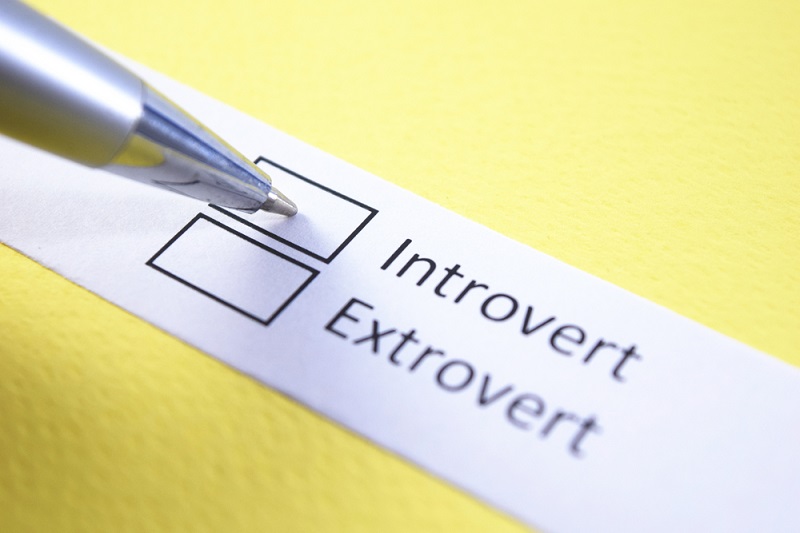The idea that we could find out a lot more about ourselves by taking a test is one that fascinates most of us. We are curious to find out what makes us unique as individuals, and how we fit into particular groups. We love to place ourselves in categories and reflect on the characteristics that are peculiar to us. This, perhaps, is why personality tests are so popular.
Personality tests are questionnaires that are designed to help define a person’s psychological makeup or character. Several types of personality tests exist; each one fashioned to describe aspects of people’s behavioral tendencies as accurately as possible. Perhaps the most popular of these tests is the Myers-Briggs Type Indicator (MBTI) which identifies sixteen different personality types.
Beyond the excitement that comes with trying to figure out whether we are Cholerics or Phegmatics, INFP or ENTJ, there are real benefits to be derived from taking these tests. Especially if the test involved is one that is widely recognized and endorsed by psychologists as helpful. Whether it’s the medieval four-temperament theory or the MBTI, personality tests can help us build a coherent picture of our individual tendencies, and provide us with a ready reference upon which we can act to improve ourselves and our quality of life.
Here are a number of reasons why you should consider taking a personality test.
- Identify your strengths and use them to your advantage.
Personality tests can make your strengths clear to you- including some that you never really closely considered or thought about. Because the results of these tests are based on a holistic analysis of the facts it gathers, the conclusions reached might reveal certain traits about you that are actually strengths that you can use to your advantage. You might have a ‘knack’ for rallying people around a cause, but you may not be fully aware of it as one of your personality traits; or you could have ‘a thing’ for tackling complex abstract problems that would scare most people away, without even closely considering it for what it is- an advantage. A personality test could bring these into sharp focus and get you thinking about how to use them to your benefit, as well as for the good of others.
- Take note of your weak points and plot ways of improving on them.
Our strengths might not always be apparent to us, and when we find that they are more than what we took them for, we feel elated. But personality tests can also make our weaknesses clear enough for us to see (and wince at). It could be that you are an assertive person with domineering traits, and your tendency to want your will done causes strains in your relationship with other people. Having this- or any other character flaw -identified in a personality test can be a wakeup call to you to deal with it.
- Decide your career path.
Not everyone is cut out for the high level of concentration that a statistician’s job demands; not everyone has the flare and persuasive speaking ability of the marketer. There are natural tendencies that give rise to these abilities, and those who possess them will be best suited for the jobs that require them. In fact, your personality type could determine the possible career (or range of careers) you could be successful in. For example, an INFJ of the MBTI personality profile is more likely to succeed as a counselor than as a salesman. Personality tests, by placing people in behavioral categories, make it easier for those who take them to decide what career path they should thread.
Some personality test packages also come with career suggestions for the various personality groups they identify.
- Appreciate individual differences and uniqueness.
One thing that personality tests bring to our notice is the truth that people aren’t all the same. While this fact seems to be quite obvious, it often gets lost on us in the heat of the moment. Knowing that some of our character traits arise out of innate differences can help us understand people better and treat them as unique individuals with preferences that might not necessarily be identical to ours.
- Know how to fit into teams and what sort of working relationships fit you.
Some personality types jump at the chance to lead a team; others prefer making contributions from the background. One person might find working with large teams enjoyable; another might go for small units, or even seek out his or her own private space to work as a one-person squad. Having an idea of what sort of teams and team roles you’re likely to fit into will help you choose your team engagements wisely, as well as aid you in tailoring your working relationships to suit you.


